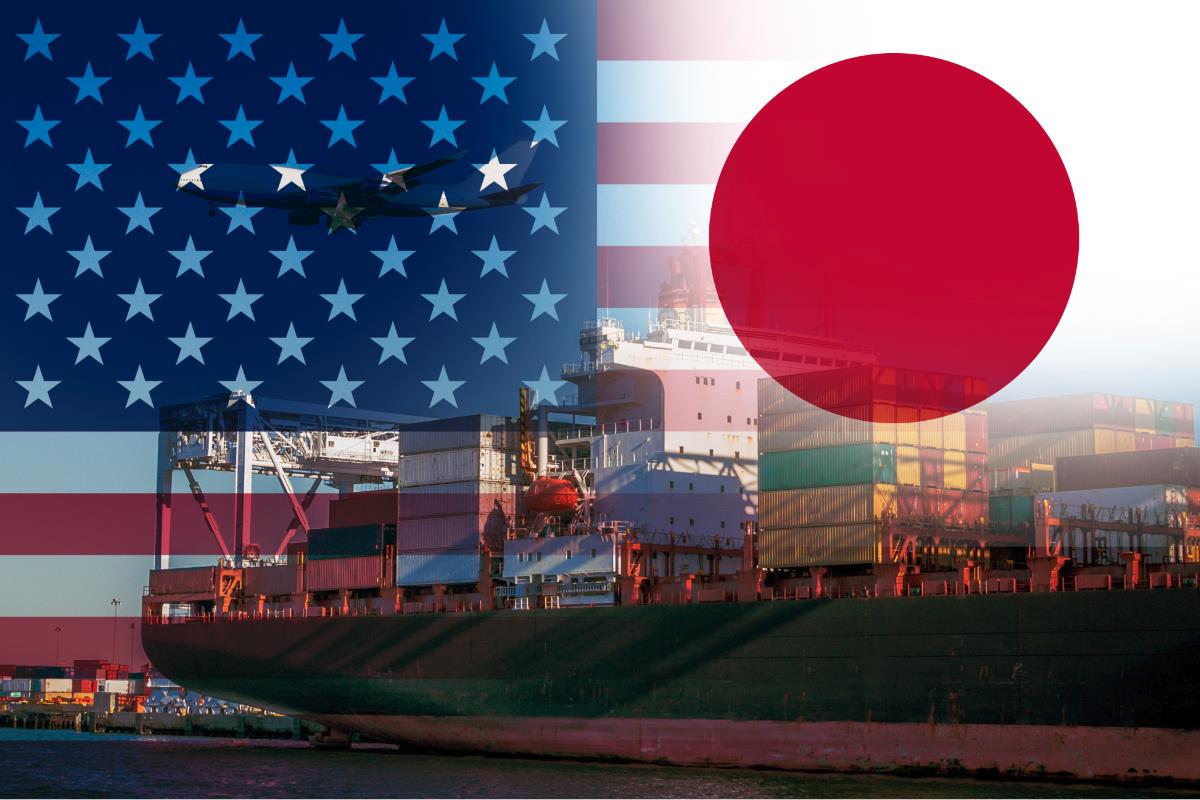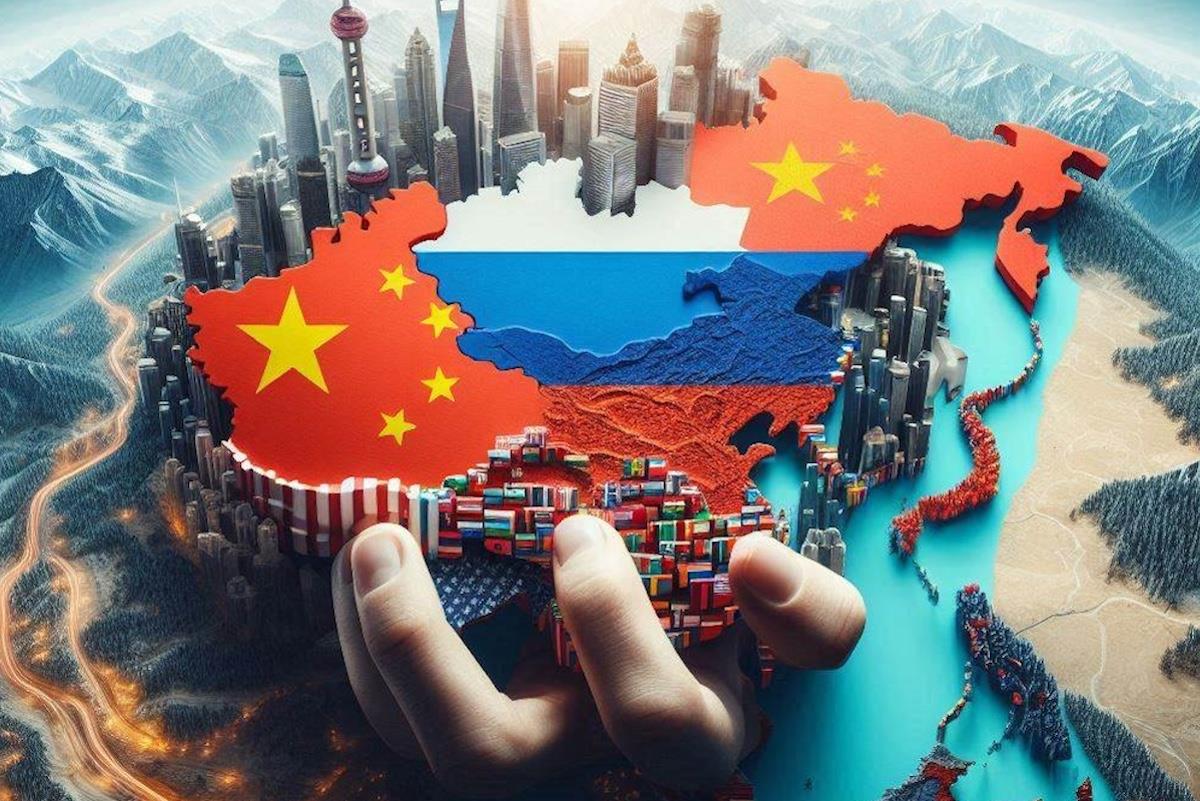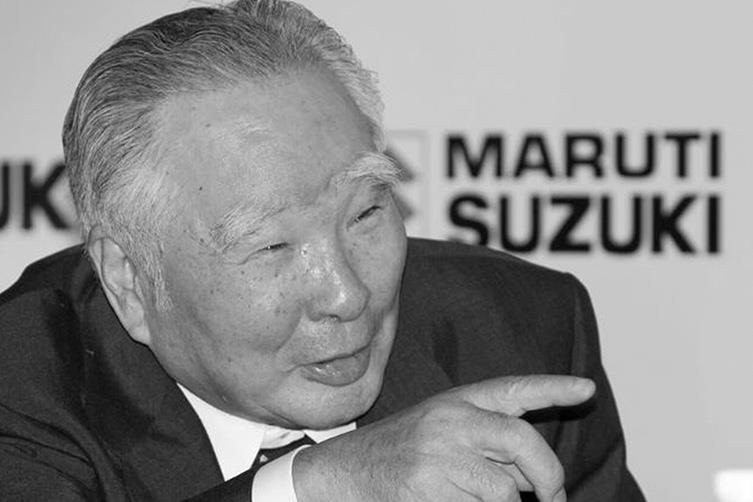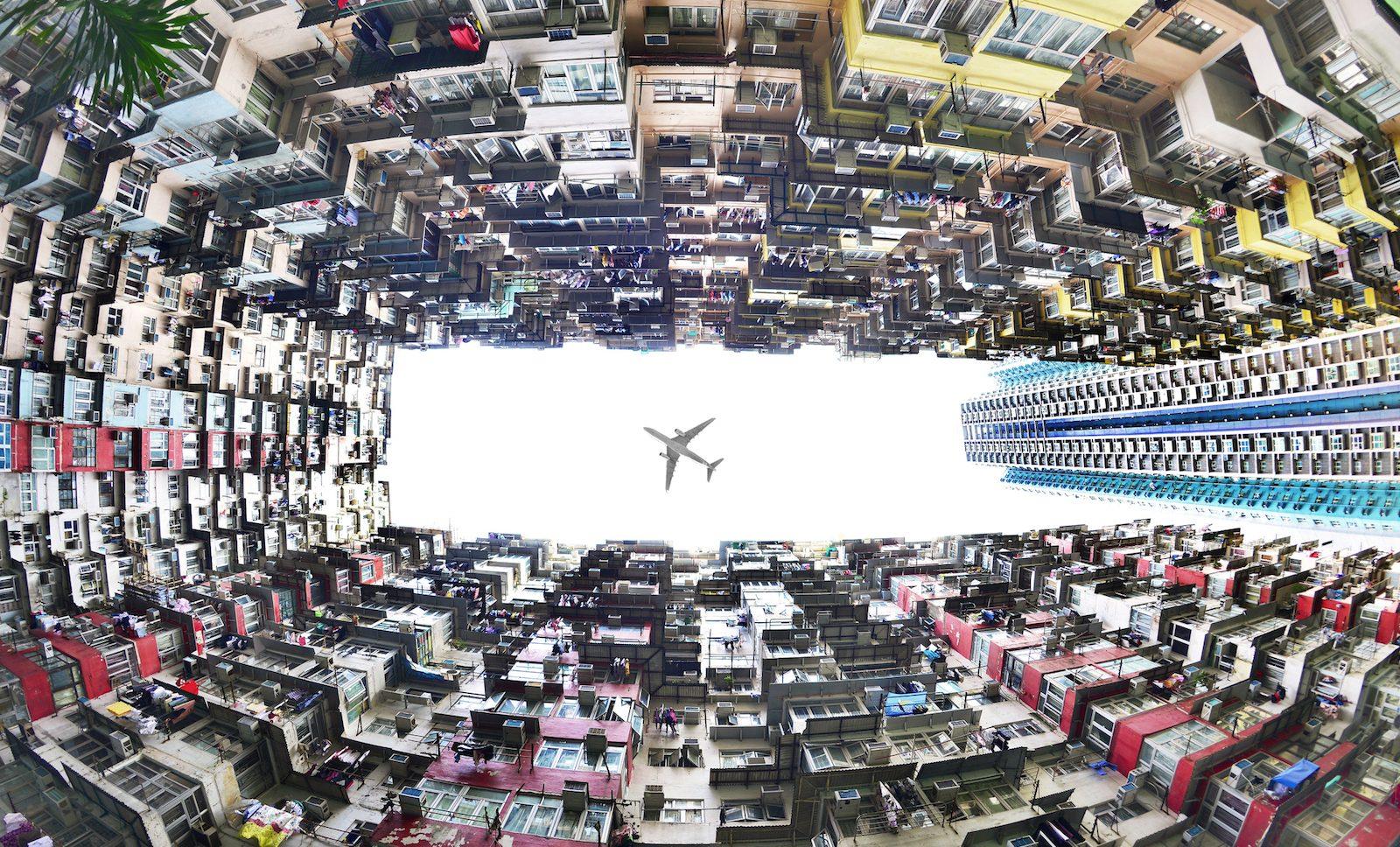
Will Japan Win Or Lose Under Trump 2.0?
In at least four of the last five months of the year, Japan's household spending fell.“At least” is used here because the December figures aren't yet known. In November, real spending dropped 0.4% year on year. There's little reason to think things rebounded in the last 30 days of 2025.
The point is that the“virtuous cycle” Prime Minister Shigeru Ishiba 's Liberal Democratic Party (LDP) has promised since 2012 still hasn't arrived. That's despite all the champagne cork-popping last Spring when labor unions scored their biggest raise in 33 years.
Ishiba has only been leader since October 1. And with approval ratings in the mid-20s, he might not be around much longer. Perhaps that's why Ishiba can't even get a meeting with Trump even as he meets with virtually every world leader imaginable – even Prince William. Just not that of Japan, Trump 1.0's top ally among democratic nations.
It's on Ishiba's watch, though, that Japan's pre-existing economic conditions are catching up with the place. These include glacial efforts to make the labor force more productive and meritocratic, reduce bureaucracy, rekindle the innovation for which Japan Inc was once famed, empower women and prod more multinational companies to move jobs to Tokyo.
Rather than treat these economic troubles, the LDP continues to fiddle with the symptoms. Look no further than the Bank of Japan's (BOJ) interest rate policies being trapped around zero for 25 years now. The BOJ still doesn't have the courage to push rates above the current 0.25%.
Whatever happened to Shinzo Abe's bold plan 12 years ago to reinvent Japan's economic model? Sure, the late prime minister cajoled companies to increase shareholder value, driving the Nikkei 225 Stock Average to all-time highs. But as 2025 begins, global funds are realizing their bullishness isn't being matched by fresh and bold reform moves in Tokyo.
Nor is Asia's second-biggest economy firing on many cylinders. One reason household spending is floundering is that average wages aren't keeping up with inflation. If CEOs were reluctant to fatten paychecks in 2024, what makes anyone think they'll do so as the Trump 2.0 era begins?
“It's feared that higher tariffs promised by President Trump on China and other countries could put a damper on the global economy, eventually inflicting a blow on Japan,” says Takafumi Fujita, economist at Meiji Yasuda Research Institute.
Along with economic stability, global cooperation efforts seem very much at risk.
“The US, Europe and Japan reconnected in a revitalized, cohesive G7 on issues such as financial sanctions, cybercrime, anti-money laundering and helping Ukraine against Russia,” says Mark Sobel,
US chairman at the Official Monetary and Financial Institutions Forum (OMFIF).“But that unity, too, is likely to fray as Trump 2.0 injects uncertainty and volatility.”

Legal Disclaimer:
MENAFN provides the
information “as is” without warranty of any kind. We do not accept
any responsibility or liability for the accuracy, content, images,
videos, licenses, completeness, legality, or reliability of the information
contained in this article. If you have any complaints or copyright
issues related to this article, kindly contact the provider above.






















Comments
No comment